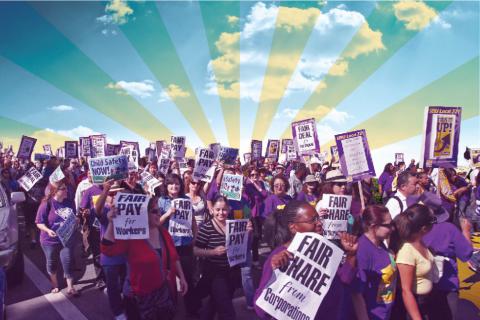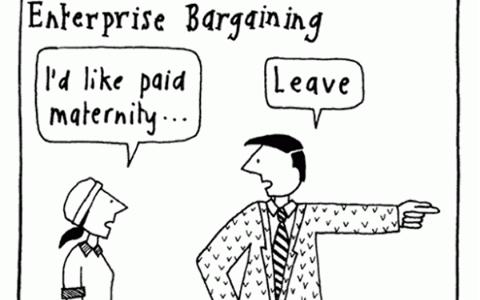Student-Care Doctors Strike Across UC campuses, Allege Unfair Labor Practices
The Daily Californian
University of California student-care doctors went on strike Tuesday to protest unfair labor practices.







Spread the word